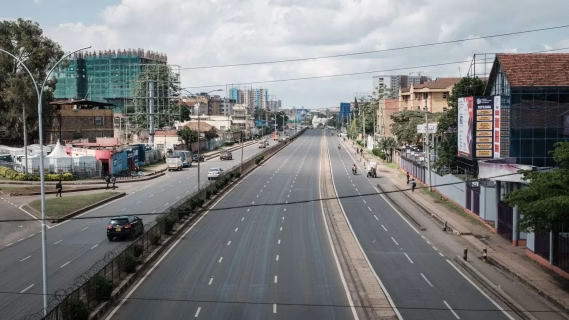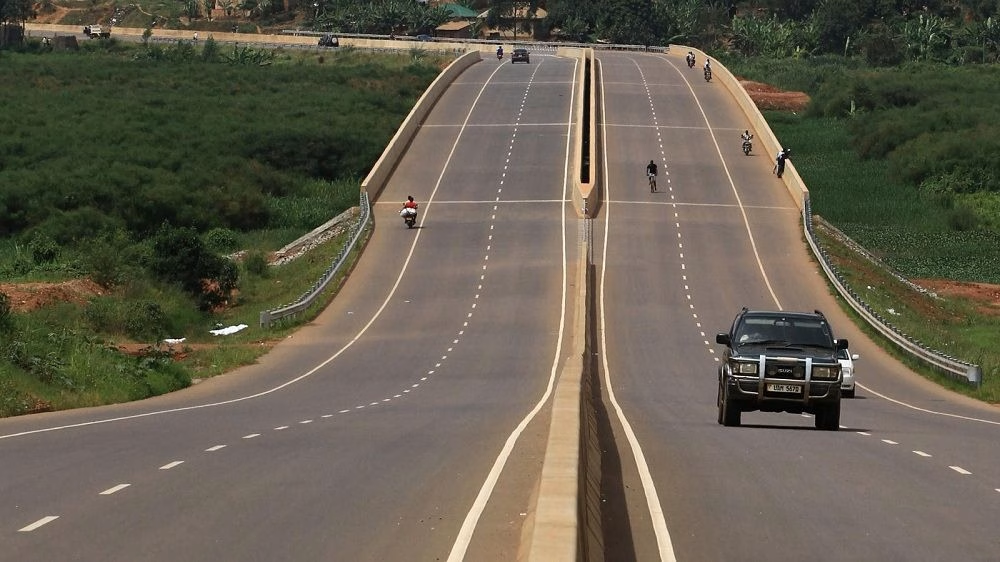Kenya’s Interior Principal Secretary, Raymond Omollo, has announced that the Kenya-Tanzania highway project nears completion. Omollo noted that the construction of Lot 1, Phase 1 of the project is steadily taking shape towards completion. Phase 1 of the project is divided into two where Lot 1 is the Mombasa–Mtwapa section On the other hand, Lot 2 is the Mtwapa–Kwa Kadzengo–Kilifi.
The PS stated that Lot 1, which is the 13.5km long Mombasa-Mtwapa section that runs between Nyali Bridge and Mtwapa Bridge, is 43 per cent complete. Furthermore, he noted that construction includes the establishment of 2.5km of dual carriageway and 1 km of service road. It also includes 1 box culvert, 4 overpass bridges, 4.3 km of trunk drain, and 6 km of U-drains. According to the PS, this lot also includes six overpasses and footbridges and 27 km of pedestrian walkways. 24 km of service roads as well as streetlights and drainage are also part of the project’s scope.
Also read:
Kenya to Secure Multi-Billion Loan for the Construction of the 124-kilometre Kenya-Tanzania Road
The Significance of the Kenya-Tanzania Highway Project
Once completed, the Kenya-Tanzania highway project is expected to have a monumental significance on transport infrastructure. The construction of the road is being managed by the Kenya National Highways Authority (KeNHA). The state-owned entity noted that they will also see to the upgrading of several junctions. These include Bamburi, Links Road Junction, Bamburi Junction Bridge, and Kengeleni. “The ongoing construction of the Multinational Bagamoyo–Tanga–Horohoro/Lungalunga–Malindi Road Project represents a transformative step toward deeper regional integration and infrastructure modernisation under the East African Community (EAC) framework,” Omollo said.

Despite these achievements, the PS acknowledged that progress has been rather slow. This is mainly because of land compensation issues. He asserted that the government is in the process of compensating all the individuals who have been affected by the project. Its completion will facilitate a fundamental role in creating more jobs and elevating tourism. Through such efforts, the highway will significantly catalyze economic development in the two countries. In the project, the government also aims to embark on the restoration of 50 hectares of trees at Rabai-Kaloleni forest.
Also read:
Construction of US$ 751.2m Kenya-Tanzania Highway to begin in 2018

Leave a Reply